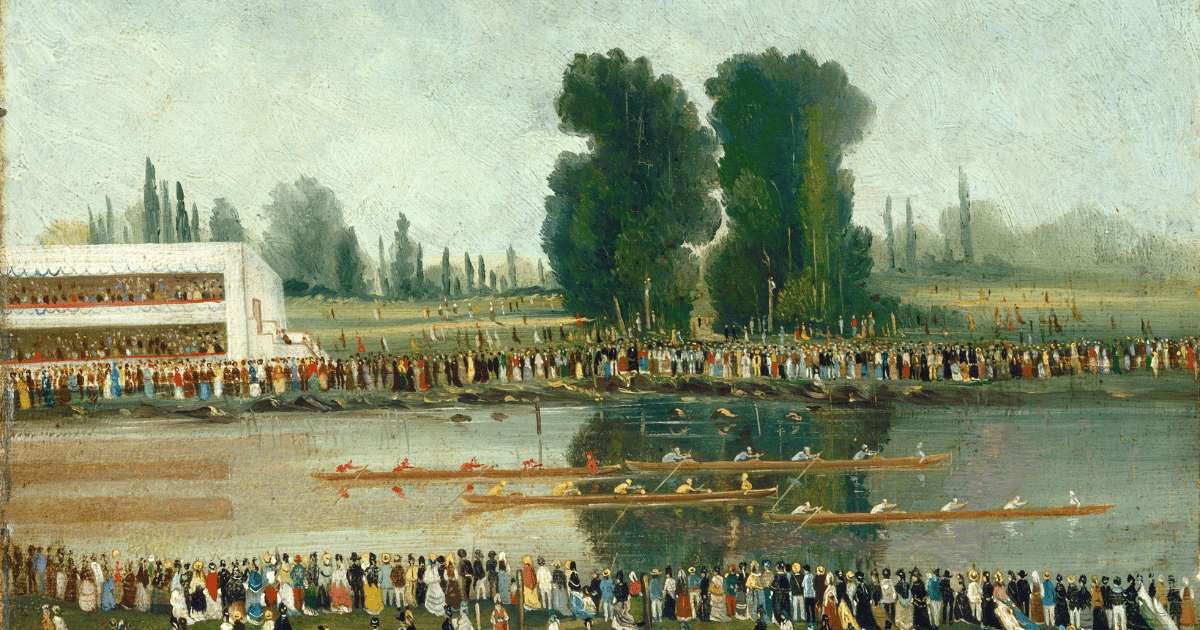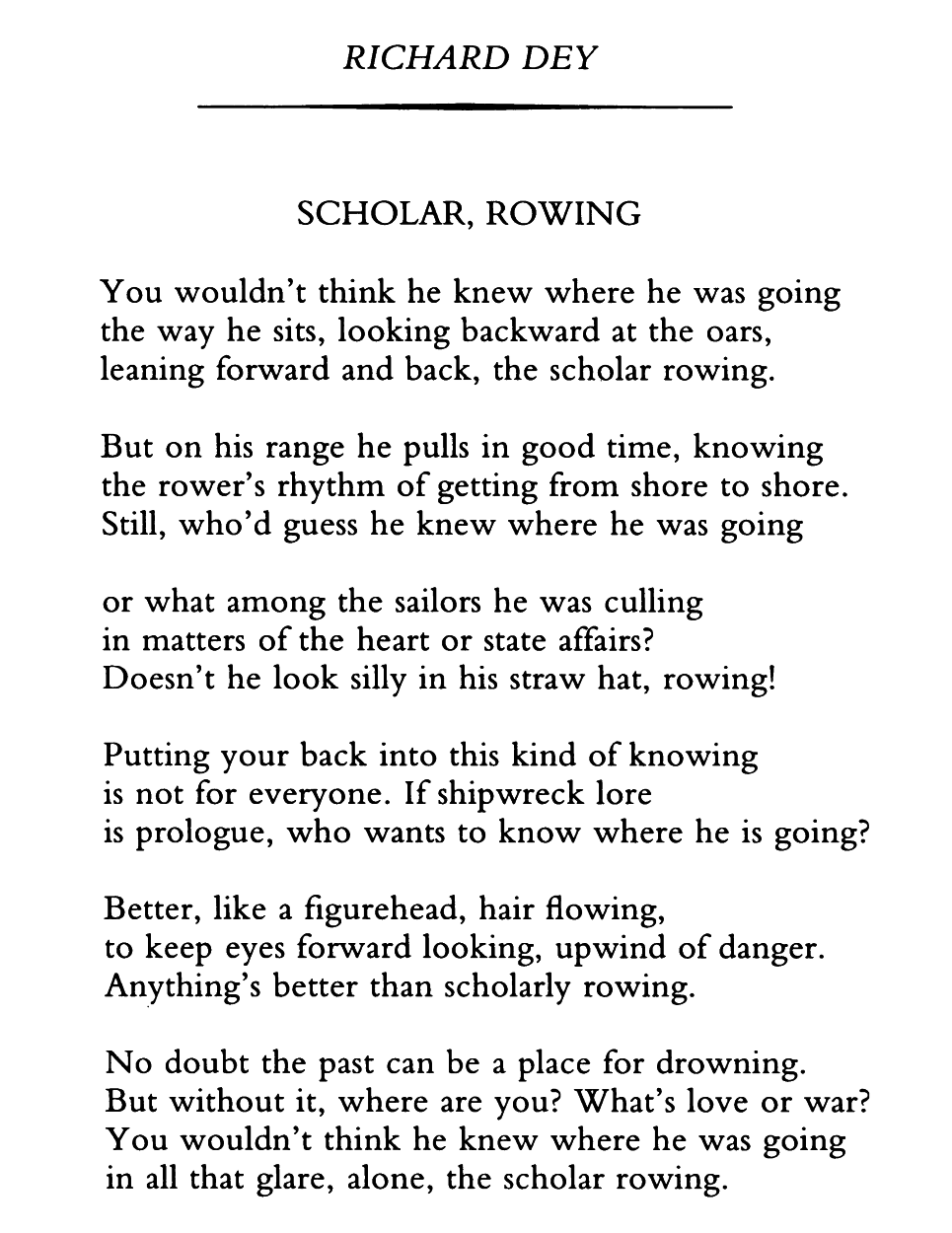- The Scholarly Letter
- Posts
- On Science: Fatigue, Ownership, and It's Soul
On Science: Fatigue, Ownership, and It's Soul
In discussing the extent to which science has met our curiosity about the university, we must remember that different minds are curious about different things.

On Science: Fatigue, Ownership, and It's Soul
Your Scholarly Digest 21st August, 2025
Was this newsletter forwarded to you? Sign up to receive weekly letters rooted in curiosity, care, and connection.
Know someone who will enjoy The Scholarly Letter? Forward it to them.
All previous editions of The Letter are available on our website.
Online Thumbnail Credits: The MET Open Access Collection: Collection of Mr. and Mrs. Paul Mellon
Hi Scholar,
The act of scholarship often involves looking backwards to go forwards, as beautifully outlined by this poem:

Poetry, August 1999. Accessed here: https://www.poetryfoundation.org/poetrymagazine/browse?volume=174&issue=5&page=23
BRAIN FOOD
When Science Gets Tired: On Paradigm Fatigue and Exemplars
In The Structure of Scientific Revolutions, Thomas Kuhn argued that scientific communities conduct their research according to a paradigm - a shared set of assumptions, beliefs, examples, and values. Early in a field’s development, multiple schools of thought may exist, each advocating for the wider adoption of their specific paradigm until one school achieves dominance over the others: an event Kuhn terms a “paradigm shift”, which he argues is the main driver of scientific progress. With this consolidation, a discipline “matures”: its basic assumptions are stabilized, and research becomes conducted within agreed rules, methods, and standards of success. “Mature” science - compared to a science without a dominant paradigm - is faster and more efficient because it has essentially become an exercise in “puzzle solving”.

This Digest is for Paid Subscribers
Become a paid subscriber to read the rest of this Digest and access our full archive.
Already a paying subscriber? Sign In.
Paid subscribers receive an edition of The Scholarly Letter every Thursday: :
- • Two editions of 🍎The Digest every month
- • Two editions of 🍏 The Thursday Essay